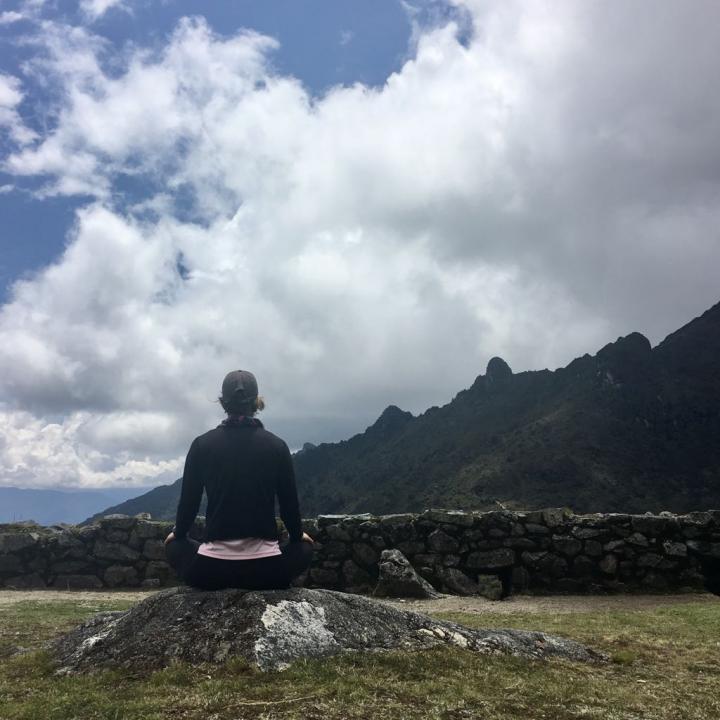
Veterinary care providers are always multitasking, dividing our attention between different responsibilities, often simultaneously. We might be speaking to one client while thinking about the last client we saw, rushing through surgeries to get to our first appointment on time, checking voice mail between appointments, or reading through emails and Facebook during lunch, all while struggling to focus on the task at hand. The antidote to this multitasking culture begins with learning to focus on the present by practicing mindfulness.
Mindfulness isn’t just about living in the present moment (e.g., not worrying about upcoming appointments or thinking about previous clients); it’s also about remaining calm, cool, and collected when faced with difficult situations. Veterinary practice has no shortage of distressing events such as dealing with angry clients, navigating morally stressful situations, or managing challenging cases. Rather than getting wrapped up in these situations and letting stress and anxiety take over, mindfulness gives us a buffer to recognize our thoughts and emotions that come up, as well as the physical effects in our body.
Neuroscience research shows that practicing mindfulness regularly can enhance the brain’s grey matter within the prefrontal cortex, which is responsible for holding attention, making decisions, moderating behavior, and solving problems. Mindfulness also shrinks the amygdala, which identifies physical threats and emotional triggers.
Additionally, research in the medical field demonstrates that mindfulness training helps human nurses cope more effectively with stress by improving their ability to think clearly and remained focused and calm during stressful situations. Mindfulness training also assists human medical students, physicians, and nurses promote self-awareness and self-care, thereby reducing the risk of professional burnout.
Here are some simple ways to practice mindfulness during your day:
Spending a few minutes focusing on the sensation of breathing during a busy day will refresh and restore the mind and body. Paying attention to the present moment can provide a reprieve from anxiety about difficult situations and past or future events. Observing non-judgmentally allows curious evaluation of the experience before reacting or exhibiting old thought patterns.
Mindfulness forms an emotional buffer that creates the space to make choices and adaptive responses during stressful situations, rather than reacting mindlessly with patterned behaviors. Ultimately mindfulness allows veterinary team members to function in ways that are kind, open-hearted, and calm amidst the chaos of practice.
Marie K. Holowaychuk, DVM, DACVECC is a small animal emergency and critical care specialist and certified yoga and meditation teacher who also has an invested interest in the health and well-being of veterinary professionals. She facilitates Veterinary Wellness Workshops & Retreats for veterinarians, technicians, and other veterinary care providers. To sign up for newsletters containing information regarding these events and veterinary wellness topics, please click here. More information can be found at www.criticalcarevet.ca.